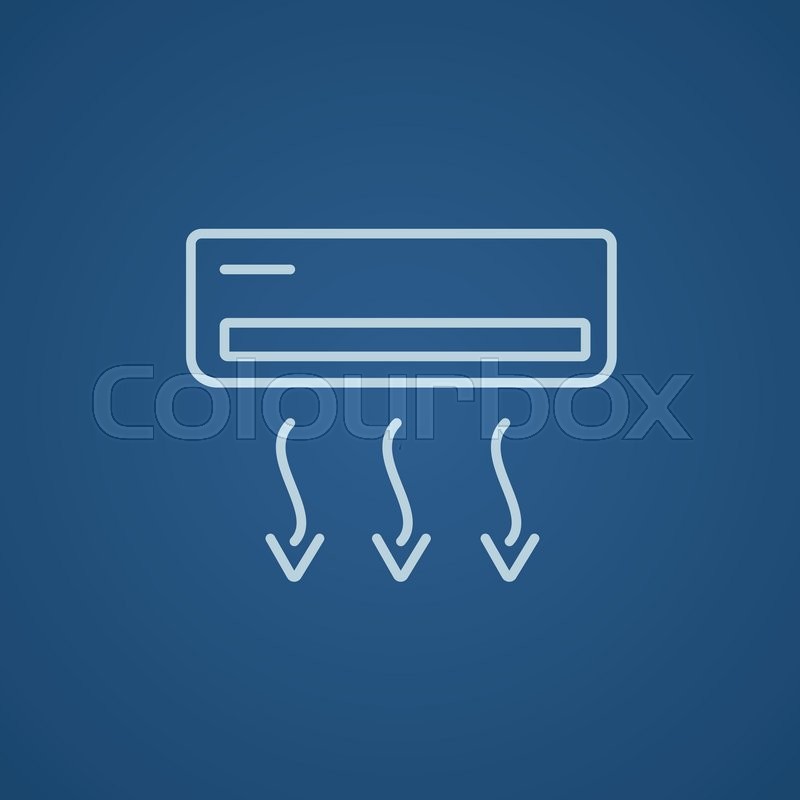Heat Pump Vs Heater - Which Is The Better Heating Option For Your Home?
Heat Pump Vs Heater - Which Is The Better Heating Option For Your Home?
Blog Article
mitsubishi heat pumps nz prices -Hjelm Mosegaard
Lots of home owners are familiar with heaters, which warm homes with oil or gas and press hot air via ductwork. They are reasonably cost-effective and can supply trusted home heating even throughout a winter season power blackout.
Nonetheless, they make use of nonrenewable fuel sources and create carbon monoxide and other air contamination. They additionally aren't as energy-efficient as a high-efficiency heat pump.
Price
Generally, heat pumps are much more economical to run than heating systems. https://heating-cooling-companies64218.blog-eye.com/29413812/debunking-the-price-of-setting-up-and-keeping-a-heatpump utilize electrical power and cooling agent to remove heat from exterior air, and after that move it right into your home. You can make use of cheaper electrical energy rates throughout off-peak hours to better reduce your home heating expenses.
Unlike heat pumps, gas or wood-burning furnaces use burning to produce heat, producing flue gases right into the ambience that can be unsafe to your health and wellness. These heating systems are likewise much less energy-efficient than heatpump, and their higher operating expense can build up with time.
Furnaces are more complicated than heatpump and call for routine maintenance to ensure the proper function of all components. In spite of this, they often tend to last longer than heat pumps with a typical life-span of twenty years or more. Nevertheless, you'll need to factor in the price of gas, fuel oil or timber and the extra equipment required for installment and procedure such as ducts and ventilation systems.
Energy Effectiveness
Heatpump have a higher power performance rating than heating systems. These systems make use of power to feed on warmth from the air, also in freezing temperatures. They can also get rid of excess heat from the home during warmer months and reuse it to cool down the system. Service provider specialists can assist you identify the best design for your home on environment and resource power costs.
Heaters burn gas oil, gas, gas or various other kinds of nonrenewable fuel source to heat the air in the home. This air is then dispersed through ductwork utilizing a huge follower. Heating systems generate greenhouse gases and require routine upkeep and devices upgrades to make sure risk-free procedure.
The greatest advantage of a heater is that it can be operated even in harsh winter conditions because it does not rely on exterior temperatures to warm the air. Heating systems also have a longer life-span than heat pumps and normally last 15 years. They can also be paired with twin fuel choices, which pick the most effective home heating alternative based upon the weather.
Climate
Heatpump work well in moderate climates and use less source power than heating systems. Nonetheless, if your region is exceptionally chilly, you might require to invest in a conventional gas furnace rather.
Heaters offer warm, cozy heat and generally provide rapid heating to elevate indoor temperatures. These systems can be used with a range of fuel types, including gas, propane, oil or electrical power.
They consume a lot more energy than heat pumps-- as much as 3x as much-- and require ductwork that's expensive to mount or retrofit. They're additionally a lot more pricey to maintain, as they can trigger air top quality problems and generate greenhouse gas emissions.
If you're dedicated to reducing your carbon footprint, a heat pump is a great choice for your home. They have less greenhouse gas exhausts than heating systems, particularly if you choose an ENERGY STAR ® heat pump. Your regional Service provider expert can explain the differences between these two furnace and help you make the most effective choice for your one-of-a-kind needs.
Individual Preferences
Furnaces can be really energy efficient when powered by gas, propane or oil, however they aren't as power effective as heatpump in cold environments. They can also be extra costly to mount, needing gas lines and air flow systems.
Nonetheless, heating systems often tend to call for much less maintenance, which can result in lower recurring expenses. They generate less greenhouse gases and are a lot more trustworthy than heat pumps throughout extreme climate.
Electric heatpump are more functional in developing indoor comfort since they can also function as ac system during warmer months. They can be more convenient to preserve, needing just regular air filter modifications and periodic vacuuming.
If you like the benefit of a solitary system that does it all, consider a crossbreed home heating option that pairs a heating system with an electric heatpump. https://www.washingtonpost.com/travel/tips/hotel-ac-ventilation-covid/ can automatically change between the two home heating alternatives based on your home's requirements and temperature problems, optimizing performance and savings.